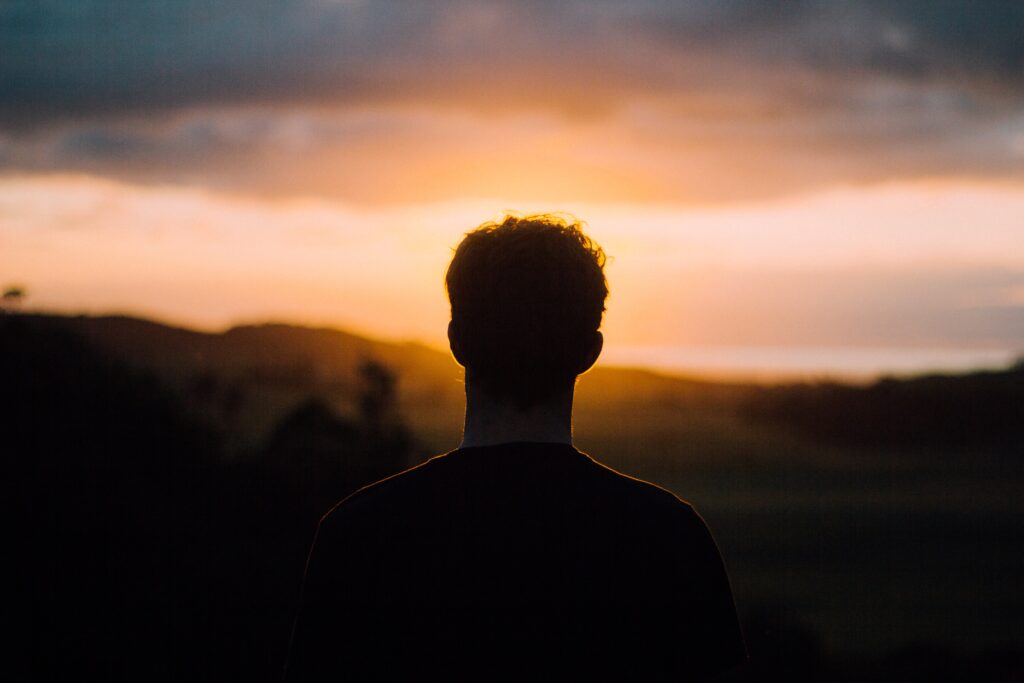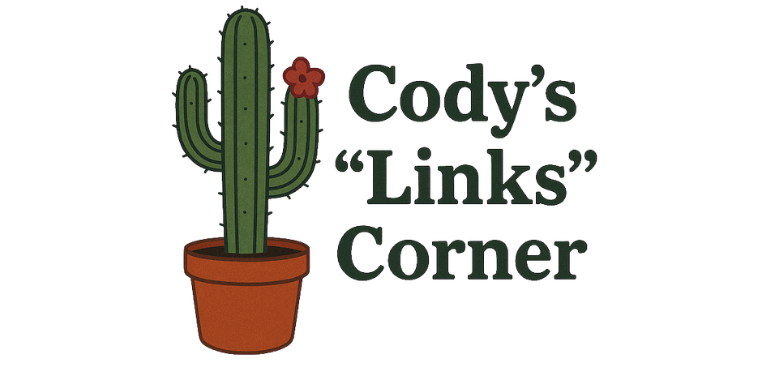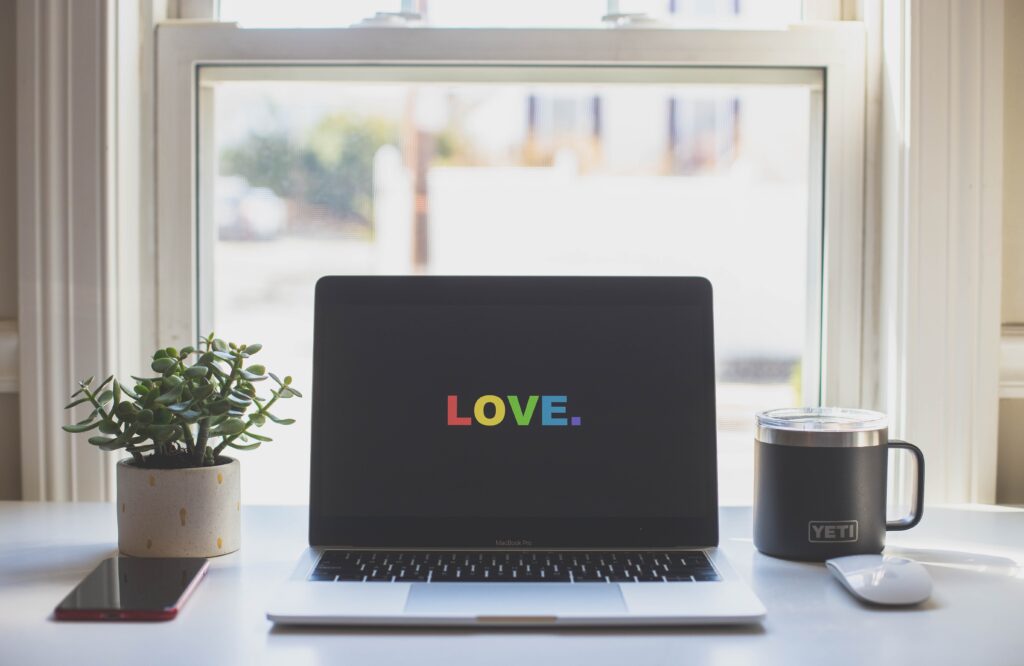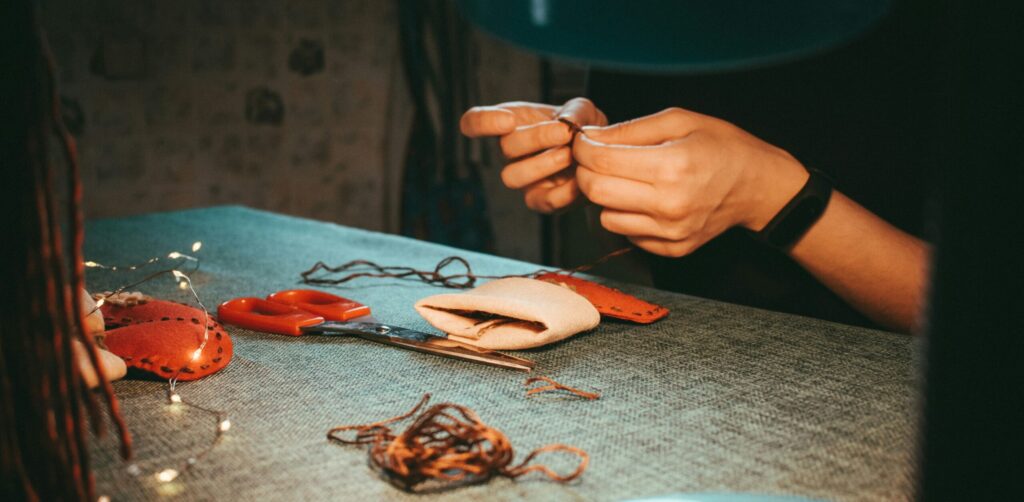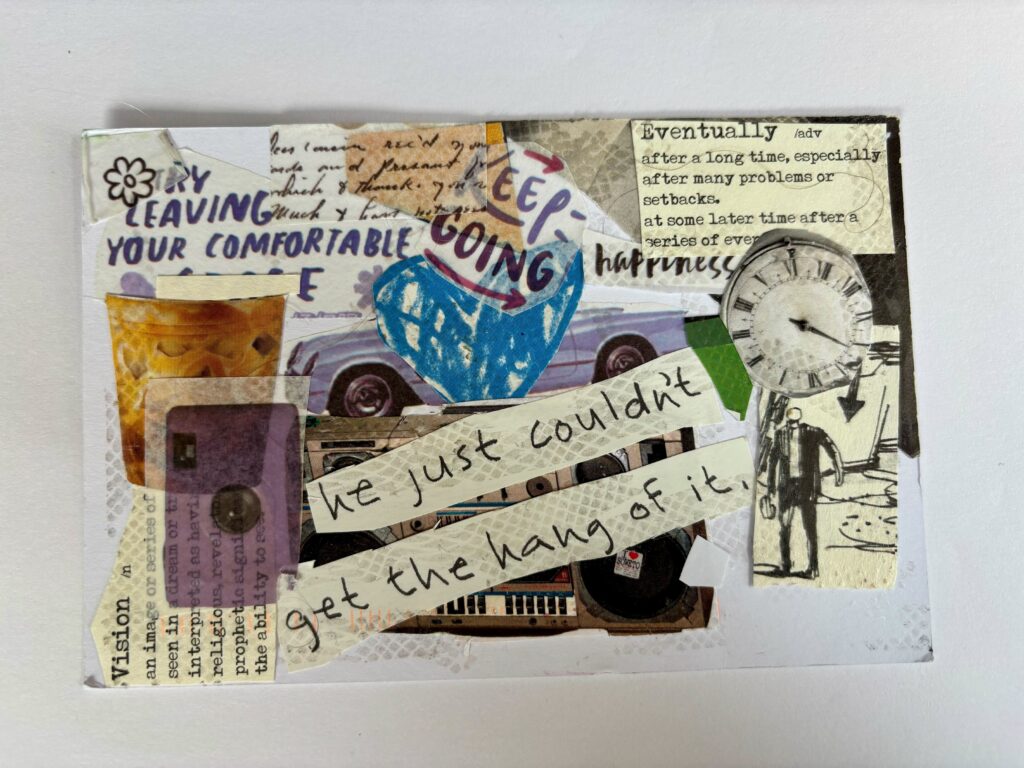This blog is the first in a series we call “Dude, Where’s My Life?” featuring writing and thoughts from the guys in our community. We value the voices of our community members and would love to share your words. If you would like to contribute to our blog here at Cactus Cancer Society, please email christina@cactuscancer.org.
There are times now when I cringe at the way I approached romantic relationships after cancer.
Too desperate, I think. Too open, too vulnerable, too exposed.
I wanted all the trappings that came with a partner–dates out, romance, couple dates and so forth–but there were things that needed reconciling before dating could be possible. The trouble was all of that openness was my way of trying to figure out aloud what those things were.
Having a brush with mortality certainly needed to be addressed. Many, if not all, of us affected by cancer, come face to face with our own passing. Some of us bury it. Some of us plunge into therapy. I did neither. For me, my mortality sits perpetually perched on my shoulder (usually my left) reminding me to always live life to the fullest, to remember the place of aloneness and fragility I came from during some of the darkest days in treatment.
But when you’ve got this mortality voice (I’ll call him Carl) chirping in your ear all the time, it makes it hard to come back down to the Muggle land where many of our partners of interest have never imagined or considered our path to passing and back. Carl needs to speak, but not everyone is the right audience to hear his musings and ramblings.
And so, talking aloud about death and treatment and all the really hard stuff that needs processing in front of a POI (partner of interest) is kinda awkward. And the mistake I made was thinking that because the girls who said yes to date one or date two didn’t mean they were automatically signed up for date 50, the time when that person knows pretty much everything about you, all the way down to how you like your toast made and how many outdated pairs of dress pants you own.
In a previous article, I’ve talked about some concrete nuggets to keep in mind when talking with a POI. I still think those are helpful suggestions, but I want to add something to this: the importance of really taking care of yourself first. Now, cue the mysterious music where we travel to my past…
Long story short here…the story starts after a particular hurtful breakup a decade or so after having cancer. I had had enough of this breakup nonsense (again long story short on the particulars) that I went and met with a therapist. It turns out that I kept on making the same mistake with all these POIs since I had cancer and just kept on hitting my head (proverbially) against a brick wall. That mistake was seeking validation of normalcy after feeling abnormal from having cancer.
It was almost like I gave the POI the LSAT exam when they were just about to take the ACT. They weren’t ready for it. The analogy I like to think of is that of a firehose–too much info about cancer to take in one sip.
Disclosure, which I mention in the aforementioned article, is something we can learn. But a partner-in-crime to disclosure is self-care.
Knowing I was seeking validation, I was determined to change that story once and for all because it had its way with me for too long. So I did this really awkward thing, at least at first it felt that way. I took myself out for breakfast every Sunday morning. With a magazine or book at hand, I sat at the counter and read and munched on some really delicious brunch food.
For the first two or three times I went, I felt like all eyes were on me, like “who is that weirdo sitting all by himself at the bar eating maple glazed French toast?” Maybe because I loved the brunch too much, I kept going. I loved reading my magazine. And because of the place I chose, I loved being anonymous.
At one point I realized that no one cared. I was just another paying customer. And on some unspoken level, whether it was because I was going to a public space where there were a lot of other couples eating and I was alone and CONTENT or whether it was when I stopped caring about what others thought of me or whether I started to enjoy my own company for really the first time in my life, whatever power that came from sitting at that bar scarfing down some hash browns had real power.
Guys who have cancer are psychologically programmed to feel shame–intense amounts of it. Count me in that club. And a lot of us bury it. I would encourage you not to do that because it’s going to rear its ugly head at some point in the future when it’s morphed to how much you hate the way your partners chews celery (even though they may chew celery quite well and normally). At that point, guys, is when you’ve lost ownership of handling your own issues.
Perhaps if the fine folks at Cactus Cancer Society demand it, I’ll be happy to chronicle this experience in greater detail, but I will tell you a couple of things. That experience of loving myself and taking care of myself and not feeling reliant on someone else to accept me was a breakthrough. All of those Sundays and all of those magazines were transformative. For the next year and a half, I had dates here and there, but I never over-disclosed and I kinda shrugged off bad dates or dates that didn’t go anywhere because I wasn’t controlled any longer by the need for validation.
Fast forward a year later and into a now committed relationship, I credit this time to taking care of me as to why I was ready for a partner when she came along. This may sound like a happy ending, and it is nice to be with someone who gets out, but there’s a deeper, hidden point here. To this day, I carry the kernel of experience of what it meant to sit at that bar on Sundays in all of my relationships. The feeling doesn’t end just because I’m in relationship. I think without that time for self-care, chances are high that I’d still be staring at that brick wall and not writing this reflective article today.
Guys, take time for you is my message, whatever that means in your world.
Dan is a 19-year survivor of stage IV non-Hodgkin’s lymphoma. Recognizing that few resources exist geared specifically toward men affected by cancer, Dan founded Cancer Dudes to bring men of all ages together to lead amazing, impactful lives after a cancer diagnosis. Dan also plays basketball, hikes, runs, and performs improv comedy.



